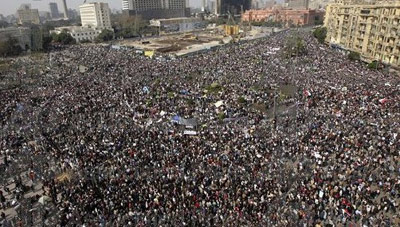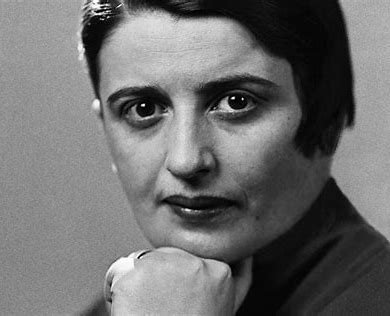The American Council on Science and health was founded in 1978 by a group of scientists who had become concerned that many important public policies related to health and the environment did not have a sound scientific basis. These scientists created the organization to add reason and balance to debates about public health issues and to bring common sense views to the public.ACSH is a national, non-profit, tax-exempt 501(c)(3) consumer health education and advocacy organization based in New York City.
ACSH’s mission is to ensure that peer-reviewed mainstream science reaches the public, the media, and the decision-makers who determine public policy. Our objective is to restore science and common sense to personal and public health decisions, in order to foster a scientifically sound and sensible public health policy for the American people. ACSH is committed to improving communication and dialogue between the scientific/medical community and the public and the media, in an effort to ensure that the coverage of health issues is based on scientific facts – not hyperbole, emotion and ideology.







